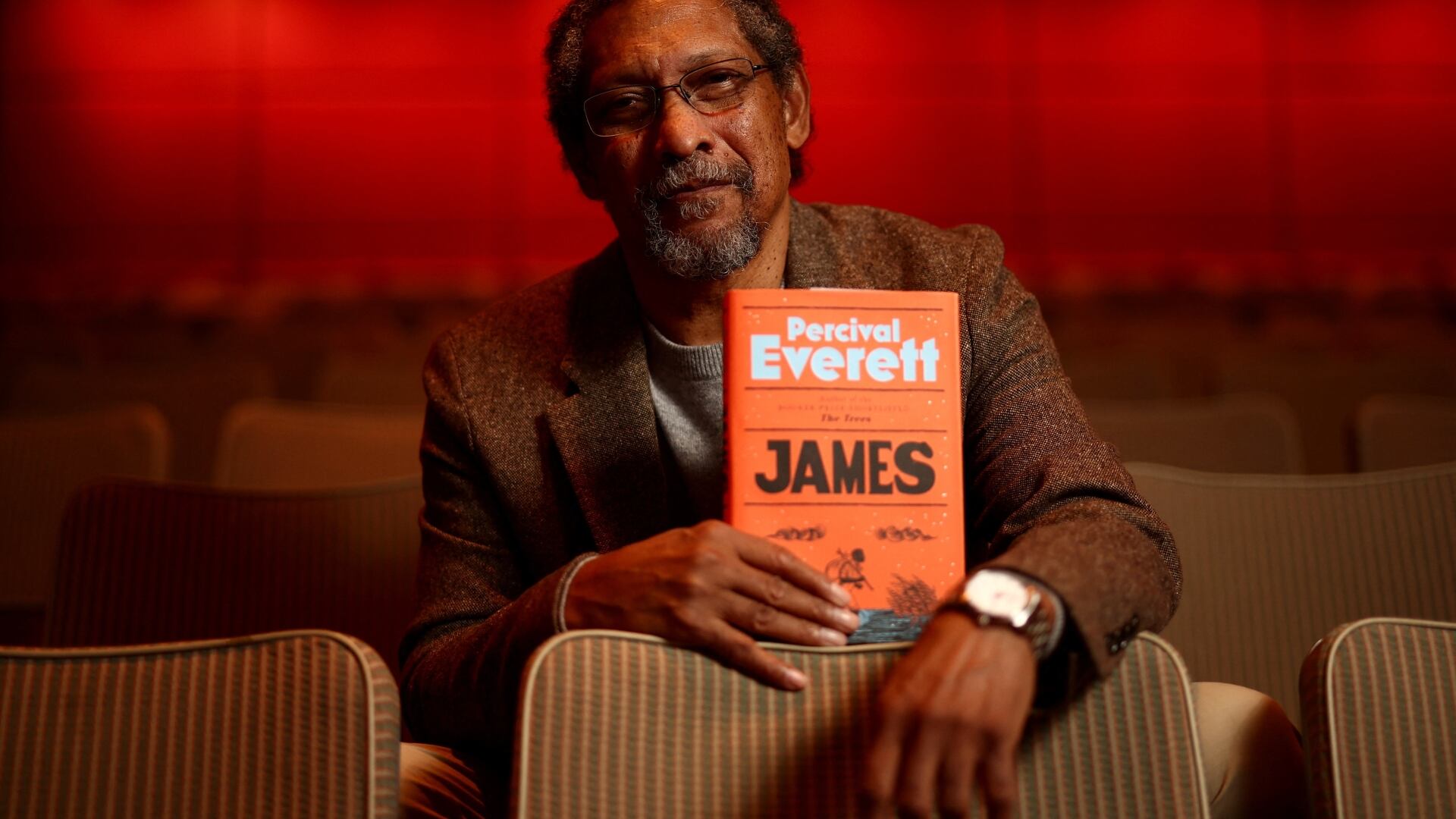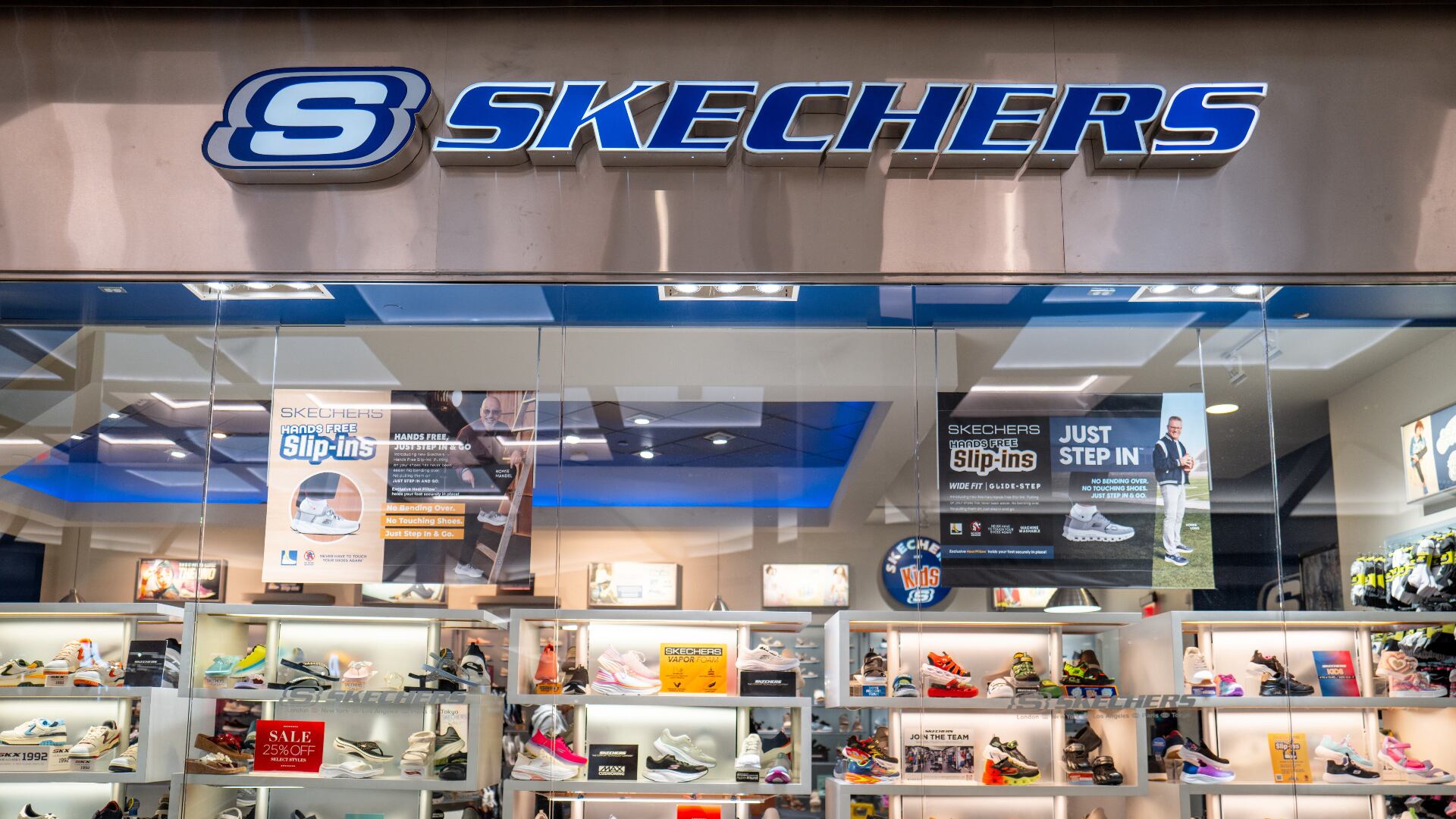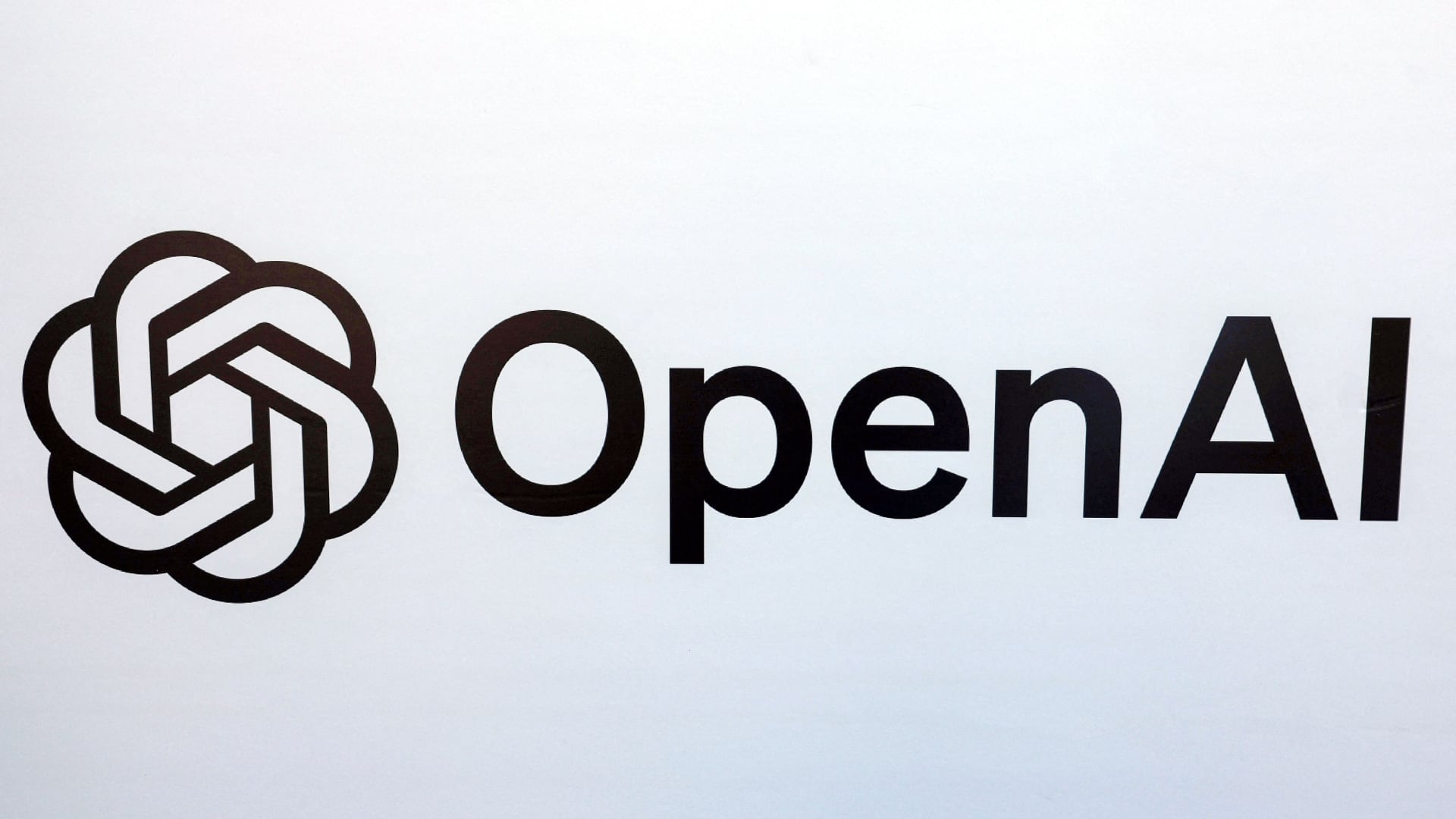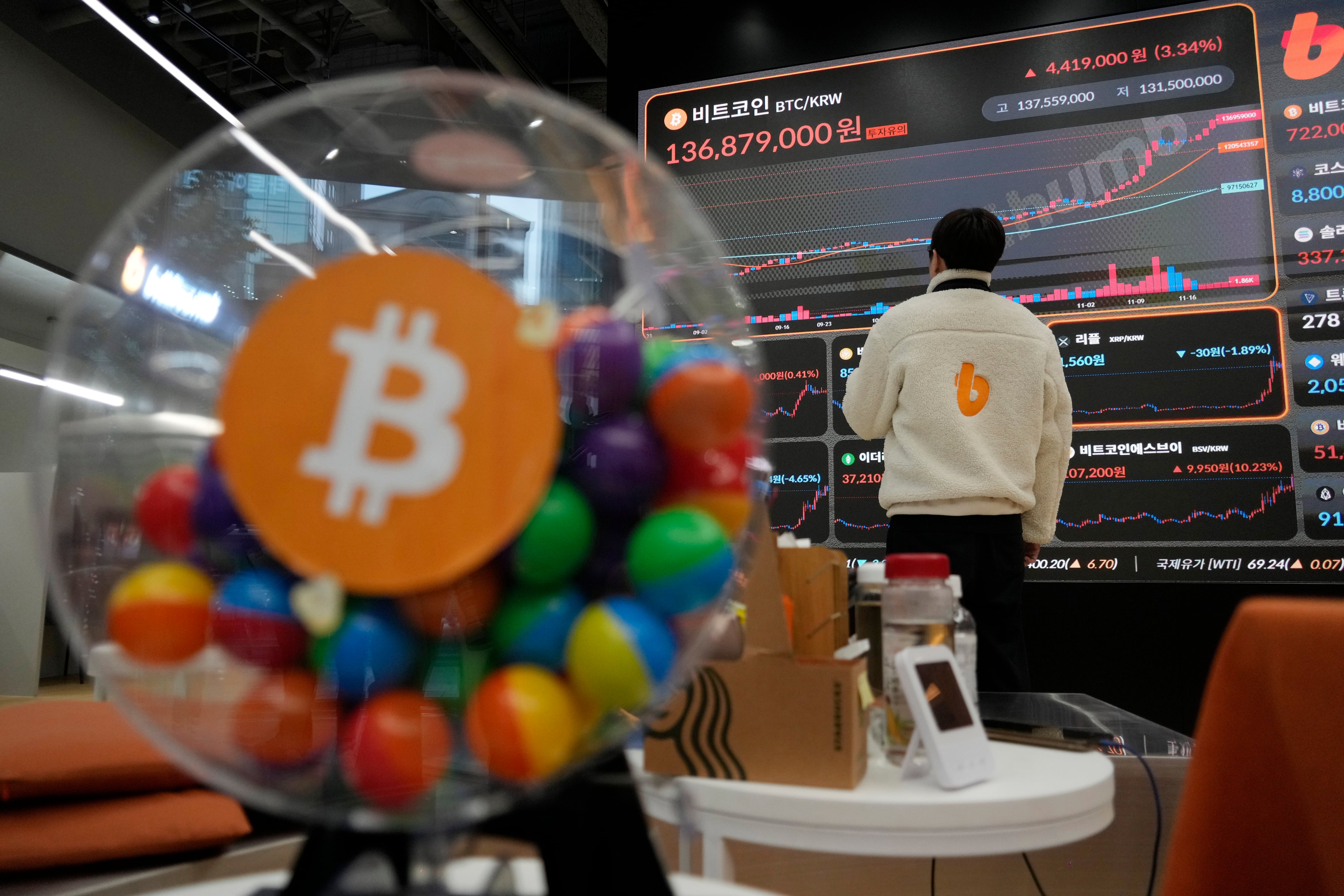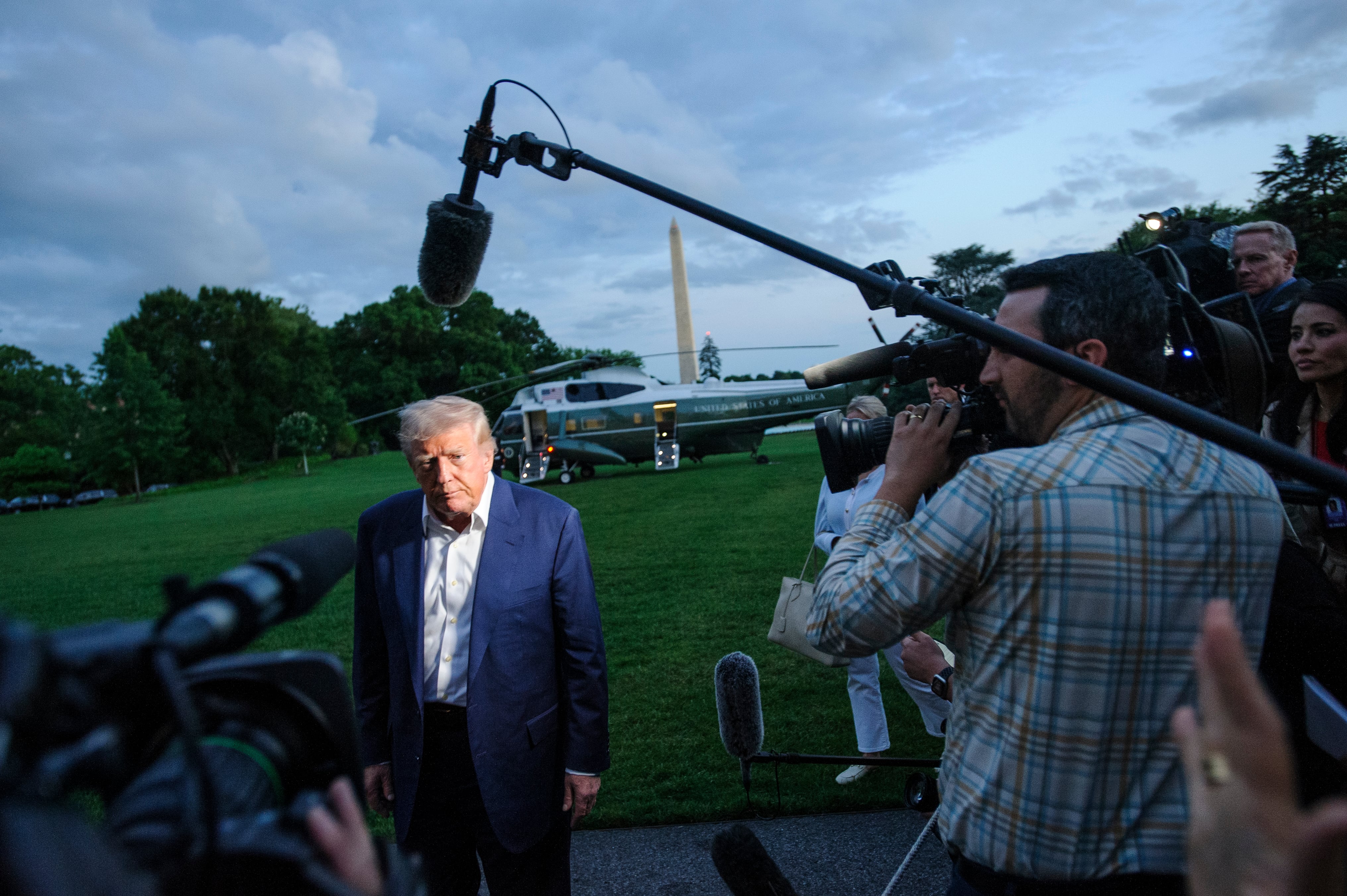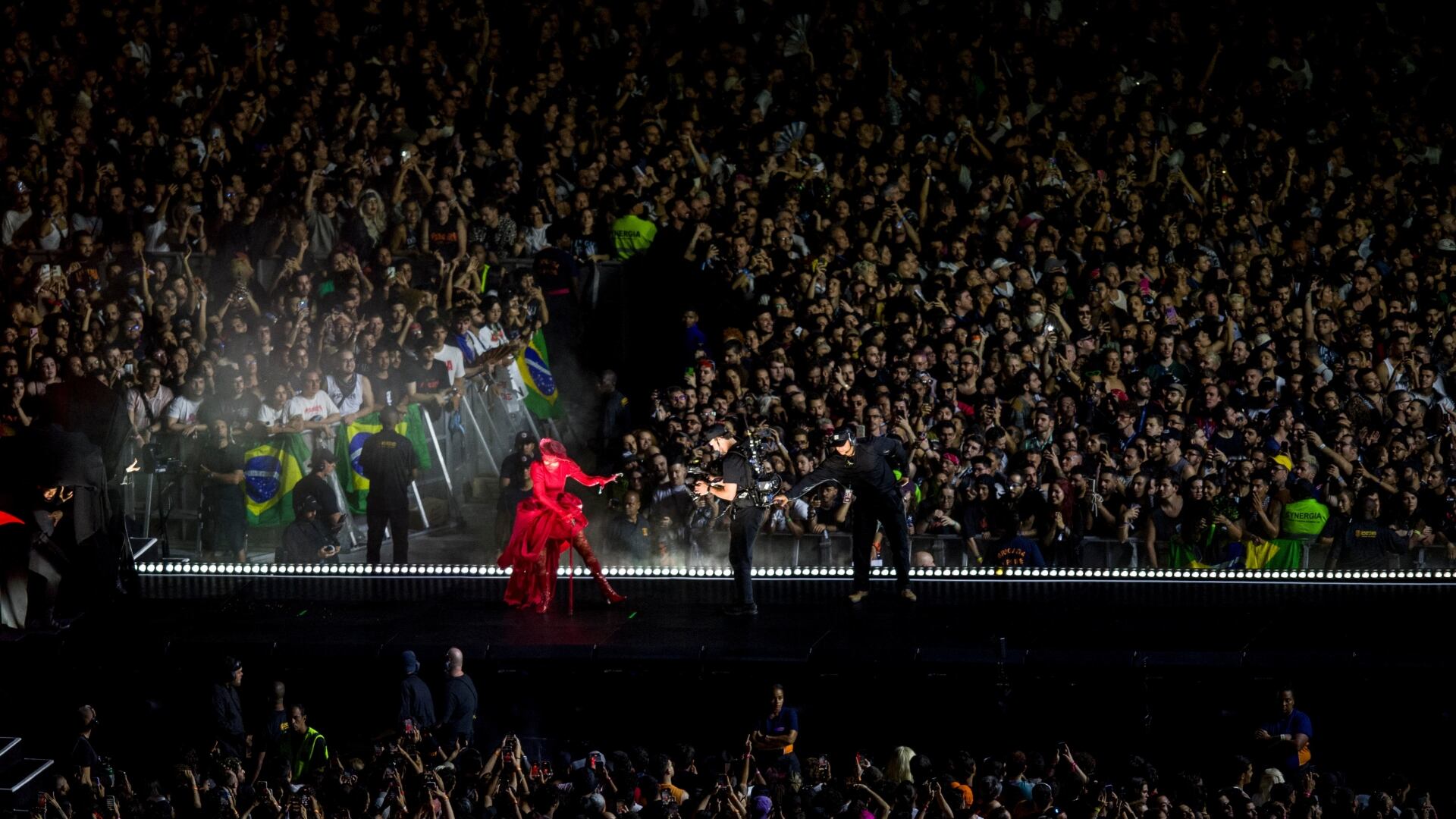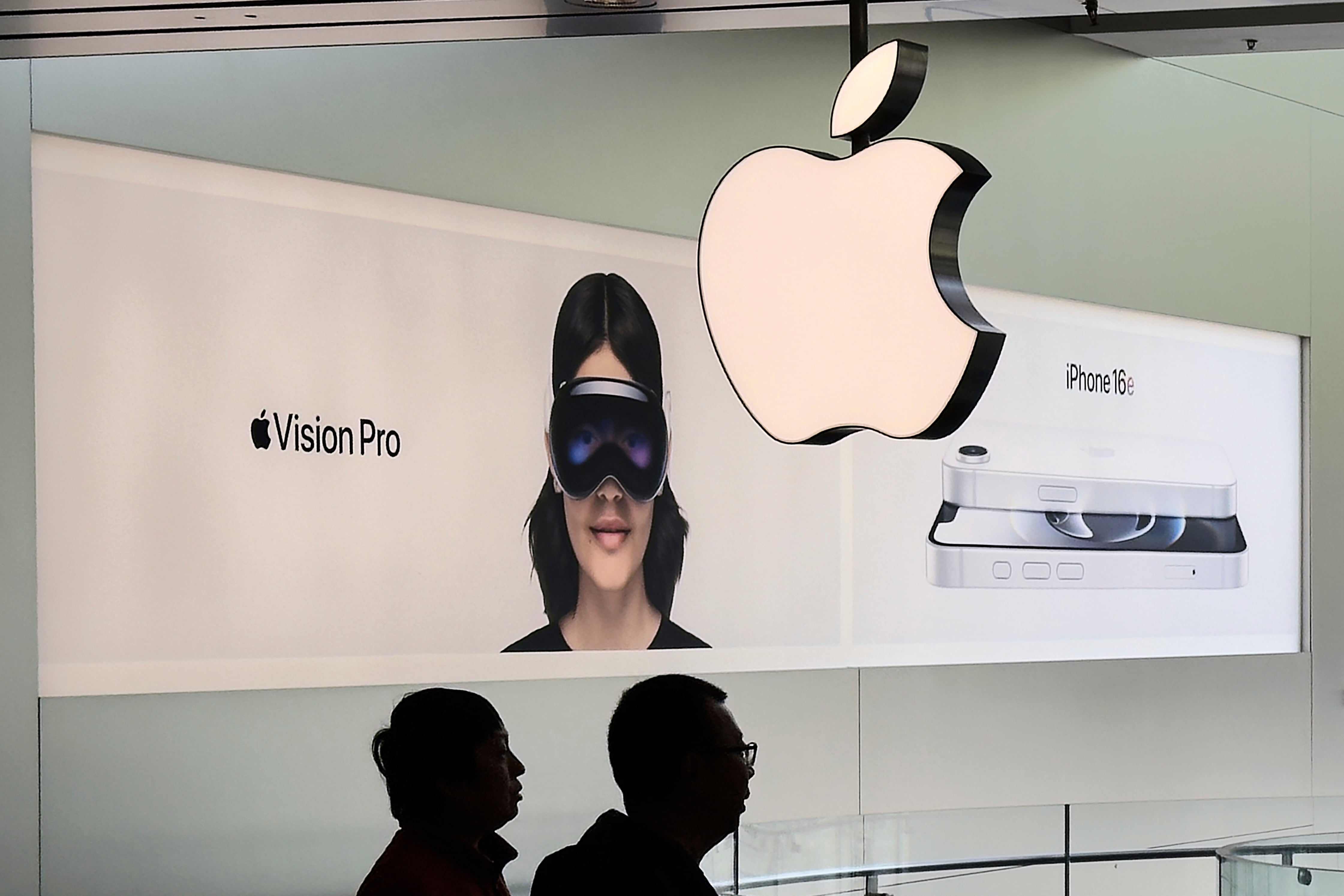Silicon Valley’s focus has often been going after the next big thing in tech, whether it’s flying cars, robot butlers, or something you haven’t even dreamed of yet. But one venture capitalist says the real focus should be elsewhere. “For as much talent as there is in Silicon Valley, a lot of the venture capital money is going towards the latest buzzword or hype cycle, whether that’s the newest ‘Blockchain for X’ or ‘Uber for Y,’” Ankur Jain, co-founder and CEO at VC firm Kairos, told Cheddar. “What we’re trying to do is show that the biggest market opportunities are actually in helping the middle class with some of the biggest pain points -- things that we all deal with, like the cost of rent, student loans, parenting.” Jain has pledged to invest $25 million into start-ups that can create products for lower income consumers, those who aren’t eligible for government subsidies and have limited cash flow. For example Rhino, one of his company’s latest investments, hopes to tackle New York’s exorbitant rental costs by eliminating the security deposit. The one-time payment can be an undue burden for many -- personal finance company GoBankingRates said last September that 57 percent of Americans had less than $1,000 in their savings account. Rhino subscribers, meanwhile, would pay $10 to $20 a month in lieu of the deposit. New signees can also get back deposits they’ve already paid. The company says it has 23,000 units using the service in New York City. For the full interview, [click here](https://cheddar.com/videos/saving-renters-money-with-rhino).
